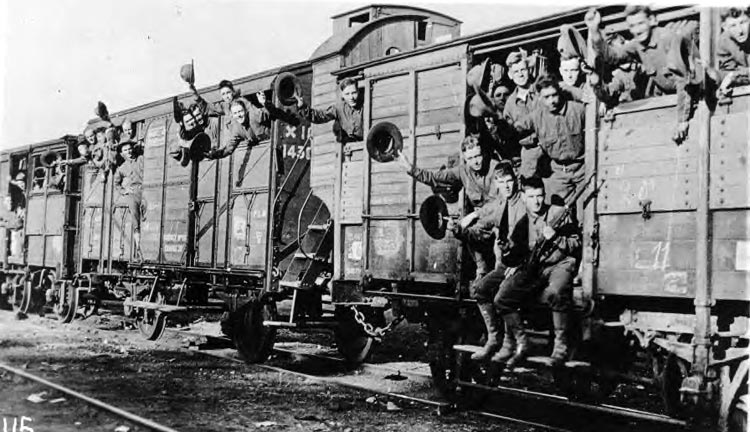Out of the
darkness emerge one, then the other element of an arc lamp, and the music grows
louder, sounding like the concert hall at its unfriendliest, or a machine starting
up. And this machine does; the arc lamp
catches fire, then we see and hear film moving through the projector, followed
by five minutes of dark images: silent film spooks, a tarantula, a lamb being
butchered, a hand nailed to a cross…
The opening
sequence of Bergman’s Persona is one
of film’s great puzzles. But the arc
lamp throws enough light on it for my satisfaction. (I’ve
begun more than one script with the image of a match being struck. It’s a cliché, I know, but I don’t believe
it’s an irredeemable one.) This is
the invocation of the muse.
But that’s not
how films are made. Or rather, that’s
not how directors make films.
Bergman has
described in vivid clinical detail how he wrote Persona in Sophiahemmet Hospital, suffering from double pneumonia,
penicillin poisoning, and vertigo (that lovely,
evocative term for one of the world’s least pleasant sensations.) If Bergman had a muse, she emerged out of corridors
graced by Bibi Andersson’s hospital white and haunted by crucified tarantulas reeking
of offal. By the time he put together
that opening sequence, he’d long since written the script, shot the film, and
moved in with Liv Ullmann.
There’s no
quicker way to alienate some members of the audience than by leaving out an
establishing shot. Where are we?, they want to know.
Skip that information and they figure you’re just messing with their
heads. And the opening of Persona is about as far from an
establishing shot as you can get.
Rather, Bergman is generously sharing his vertigo with you. Ladies
and gentlemen, I’ve suffered for my art.
Now it’s your turn.
Vertigo? I suffered a bout of labyrinthitis once. Six months of dizziness. Not the happiest time of my life. Not knowing where I am? My recurrent anxiety dream (now that eighteen years – minus six months –
of dedicated exercise has made the prospect of being naked at school almost
appealing) is not being able to find my car in a huge parking garage.
But, as
playwright John Patrick Shanley once wrote, “Theater
is a safe place to do the unsafe things that need to be done.”
Or, as Frank
Loesser wrote, “Let’s Get Lost.”
So we can find
our way out.
My mind wanders
at the movies. I’m glad it does. The movies are a good place for that. The exit signs are clearly marked.
You might say
that makes me an inattentive viewer. Yes
and no. What it is, is me taking the
parts of the film that fire the arc lamp behind my eyes, then starting the
projector in my brain. I tend to miss a
few plot details when I do this. That’s
fine. If a film is worth seeing, it’s
worth dreaming with. If it’s worth
dreaming with, it’s worth re-plotting.
So that
vertiginous opening sequence of Persona
is your muse, o viewer, giving you permission and vision to dream the film to
new life, bringing your own unconscious, your own desires, your own spirit to
the task. That is the film’s demand, and
its reward.
Roll camera.





